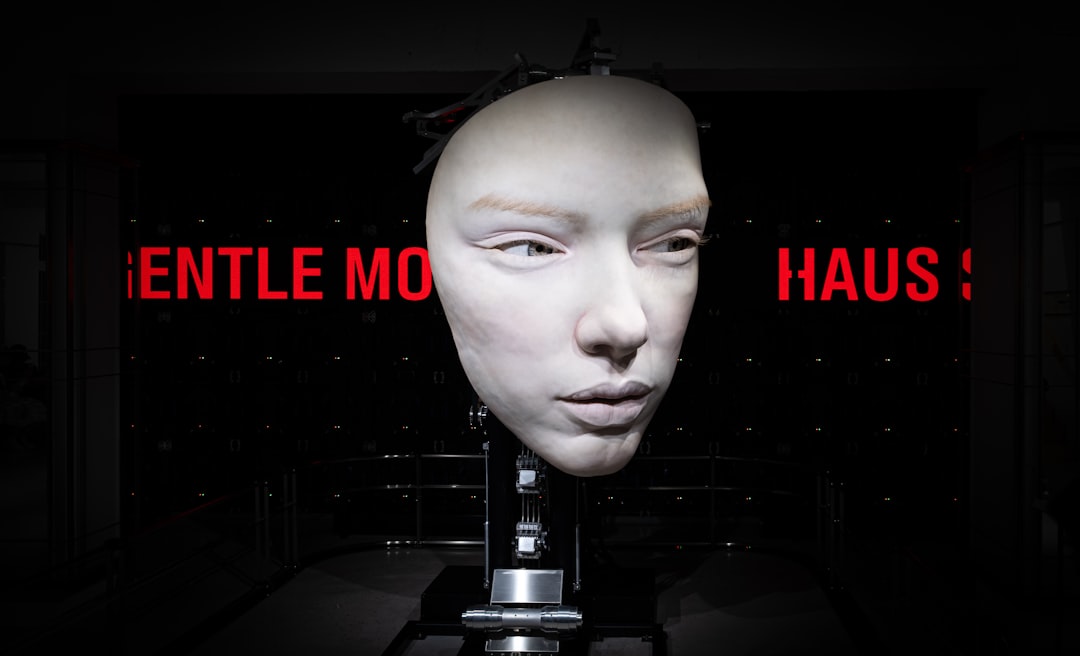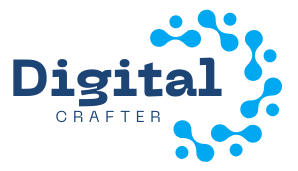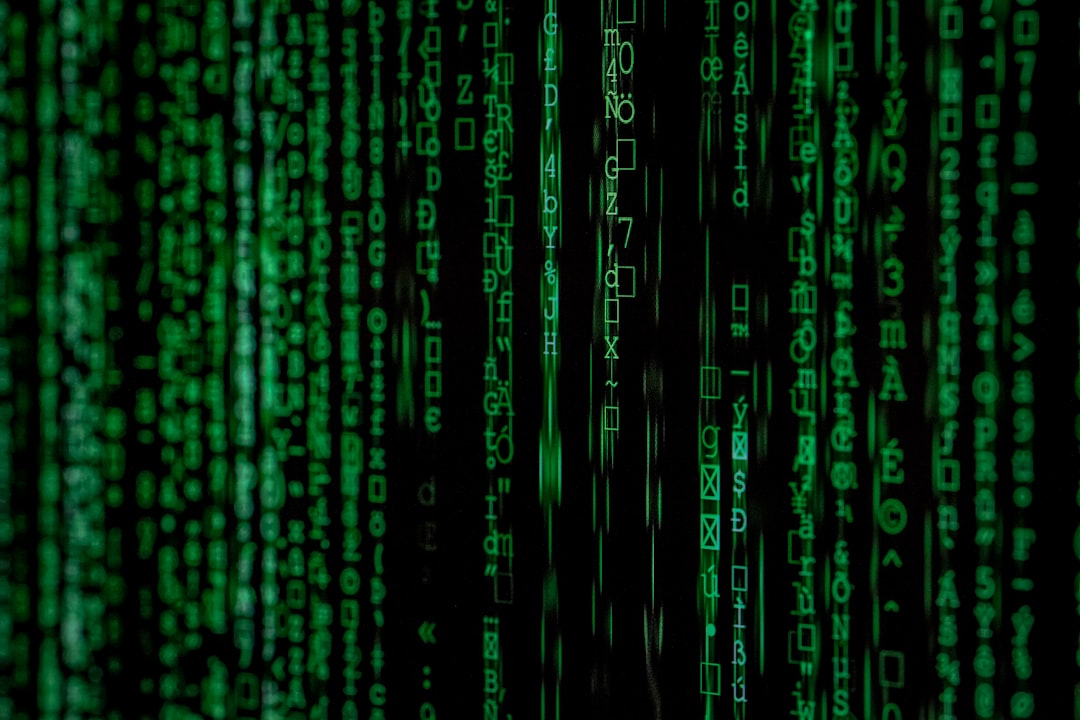In recent years, artificial intelligence has made incredible strides in natural language processing, with OpenAI’s ChatGPT emerging as one of the most prominent conversational models. While the mainstream version is carefully moderated to align with OpenAI’s ethical guidelines, conversations around an “uncensored” ChatGPT have been gaining traction. These versions aim to bypass traditional safety restrictions placed upon generative AI models, raising considerable debate over their advantages, potential risks, and ethical concerns.
What Is Uncensored ChatGPT?
Uncensored ChatGPT typically refers to modified models or jailbreaks of OpenAI’s GPT-3 or GPT-4 framework that remove or avoid standard content filters. These versions may provide outputs that the official ChatGPT intentionally blocks, such as politically sensitive topics, adult content, or controversial opinions. This practice may involve prompt engineering, third-party plugins, or even running open-source versions of GPT-like models on private servers.
The motivation behind uncensored models usually stems from a desire for complete freedom of expression or for research purposes unbounded by corporate filtering. However, the lack of restriction opens up a complex set of ethical and legal implications.

Key Features of Uncensored ChatGPT
- Freedom of Expression: Users can explore a wider range of topics without hitting ethical or policy filters.
- Unrestricted Dialogue: These models don’t halt conversations over controversial or adult themes.
- Custom Instructions: Users can prompt the AI to behave in ways the official model would disallow.
- Local Hosting: Some uncensored versions can be run on private servers, allowing greater control over data and functionality.
Risks and Challenges
While uncensored versions promise flexibility, several risks cannot be overlooked:
- Misinformation: Without safety filters, these models may disseminate false or dangerous content.
- Harmful Speech: Hate speech, violent content, or abusive language may go unchecked, potentially causing psychological harm or legal issues.
- Security and Privacy: Privately hosted or modified models may not follow OpenAI’s data security measures, exposing users to cyber threats.
- Ethical Concerns: Bypassing safeguards diminishes accountability and may violate community standards or laws in certain jurisdictions.
Ethics aside, using such models in regulated environments such as education, healthcare, or public information channels could have lasting negative consequences if not controlled responsibly.

Potential Uses of Uncensored ChatGPT
Despite the risks, some individuals and organizations see value in an unfiltered AI assistant for specific cases:
- Creative Writing: Writers may use uncensored AI to explore dark or provocative themes without restrictions.
- Academic Research: Scholars can study unethical or controversial questions with AI assistance to understand human behavior, law, or history.
- Role-playing Communities: Fans of fantasy or science fiction often seek uncensored bots that can replicate darker or unconventional scenarios.
- Technical Debugging: Developers may need full access to unfiltered technical advice that would otherwise be flagged or omitted.
The key here is context and intent. Scientists, writers, and security experts may benefit from an uncensored model in controlled environments, but the same tool in the wrong hands can become a weapon of mass misinformation.
Conclusion
Uncensored ChatGPT is a double-edged sword—it expands what AI can say but also what it should say. While it opens doors for innovation, creativity, and exploration, it equally demands greater responsibility, legal compliance, and ethical oversight. Policymakers, developers, and users must work together to determine how unfiltered AI should—or shouldn’t—fit into society’s technological framework.
Frequently Asked Questions
- Q: Is using uncensored ChatGPT legal?
A: It depends on your jurisdiction. Using modified or unapproved versions of ChatGPT may violate OpenAI’s terms of service and potentially local laws. - Q: Can uncensored ChatGPT be dangerous?
A: Yes, without moderation, it can produce harmful, misleading, or offensive content that may be unsafe for public use. - Q: How do people access uncensored versions?
A: Some use prompt jailbreaks, open-source alternatives, or private modded instances, which are not officially supported by OpenAI. - Q: Are there ethical ways to use an uncensored AI?
A: Potentially yes, such as in academic research or controlled creative settings where unrestricted dialogue is necessary. Use must always consider social responsibility. - Q: Does OpenAI offer an uncensored model?
A: No, OpenAI’s official versions include safety features and guidelines to ensure responsible use.

